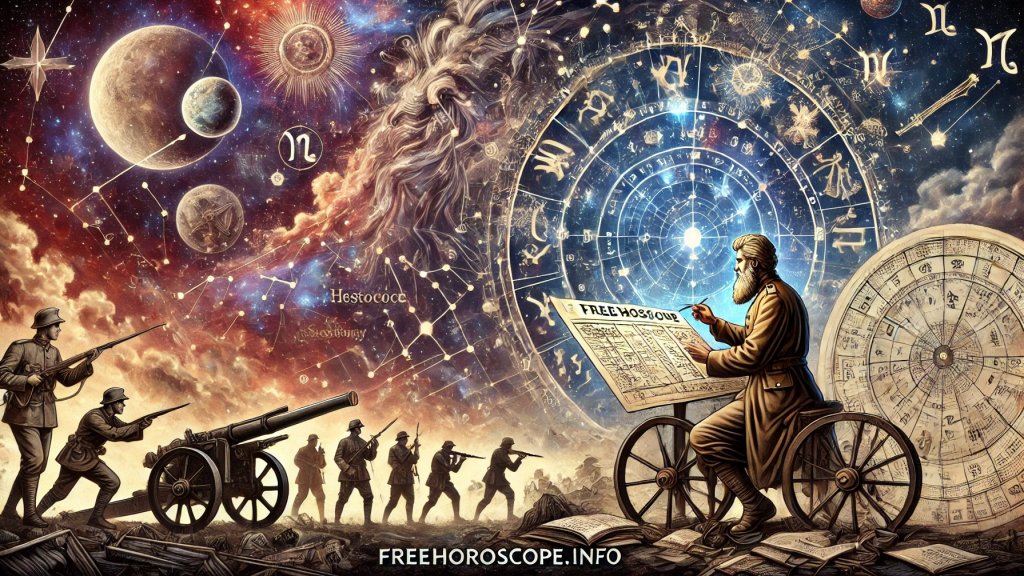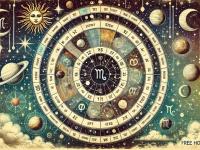Military Forecasts from Astrologers: Why We Listen to Psychics, Especially in Times of War

The Rise of Astrology and Psychic Predictions in Wartime Throughout history, people have turned to astrology and psychic predictions in times of uncertainty and crisis. When war breaks out, the need for guidance and reassurance intensifies. But why do so many seek answers in the stars during such critical periods? What is it about astrological forecasts that provide a sense of control amidst chaos?
Astrology and War: A Historical Perspective
The connection between astrology and military strategy dates back centuries. Ancient rulers consulted astrologers before making crucial decisions about battles and alliances. In modern history, there have been reports of political and military leaders secretly relying on astrologers to predict key events. The psychological need to foresee outcomes becomes more pronounced when survival is at stake.
During World War II, for example, rumors circulated that both Winston Churchill and Adolf Hitler consulted astrologers to anticipate major events. While there is little concrete evidence to support these claims, the very existence of such stories demonstrates how deeply ingrained astrological beliefs can be in times of conflict.
Why Do People Trust Astrologers and Psychics During War?
- A Need for Certainty – War brings unpredictability, and astrology offers a structured way of interpreting events. Even if predictions are not always accurate, they provide psychological comfort by giving people something to hold onto.
- A Search for Meaning – People often seek deeper meaning in chaotic events. Astrology provides an interpretive framework that helps individuals believe that global conflicts are part of a greater cosmic plan.
- Psychological Coping Mechanism – Many find solace in predictions that suggest a positive outcome. By believing that “the stars” indicate a resolution to the crisis, people can maintain hope.
- Media Influence – Popular culture and online platforms amplify astrological predictions, making them more accessible. During wartime, when traditional news is filled with fear and anxiety, alternative sources like astrology provide an escape.
The Role of Astrology in Modern Conflicts
In the digital era, astrology is more widespread than ever. Social media has given rise to online astrologers who gain massive followings, offering daily, weekly, and even war-related forecasts. Some astrologers claim to predict geopolitical shifts, peace treaties, or turning points in ongoing conflicts.
Skeptics argue that such predictions lack scientific basis and can be misleading. However, for many, the emotional comfort these forecasts provide outweighs concerns about their accuracy.
Should We Rely on Military Astrology?
While astrology cannot replace factual geopolitical analysis, it continues to be an influential force in public perception. Governments and military strategists are unlikely to base critical decisions on astrological forecasts. However, understanding the psychological impact of astrology on society can be beneficial in times of crisis.
Whether one believes in astrology or not, its presence in times of war reflects a fundamental human need—to find order in chaos and meaning in uncertainty.
For a deeper dive into astrology and its influence on global events, visit FreeHoroscope.info.


